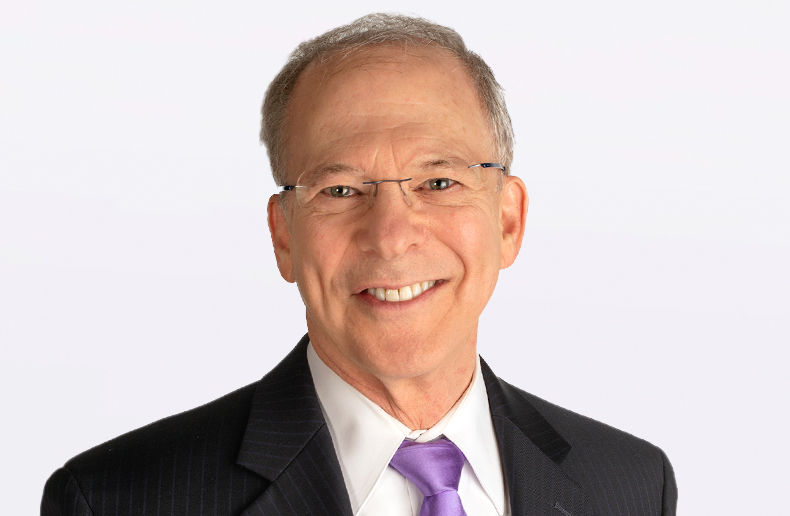There’s no doubt the pandemic caused havoc in offices around the world. But it also proved to be a lesson in agility and how to incorporate new ideas while continuing to build your business, a panel at a recent Million Dollar Round Table (MDRT) Canada event was told.
Dana Mitchell, CFP and managing partner with Toronto-based Basis Wealth, said members of her firm had to learn everything from how to run Zoom to getting more out of initial fact-finding meetings when COVID-19 hit. And while this may have been uncomfortable at first, it made the firm stronger, said Mitchell.
“I think the reason we had such a good year last year is because every time something didn’t go smoothly we adjusted,” she said. “I think of all the adjustments we’ve made over the past couple of years and I think we’re so much stronger.”
For example, Basis Wealth now sends fillable PDFs to clients to fill out and send back to the company, a process that gave financial advisors there more information than they ever had before, said Mitchell.
Better processes
Even though people were working from home and children learning from home, Mitchell said she concentrated on her top 20 list and how to close those cases.
“Our processes got better,” said Mitchell. “We learned from everything that didn’t feel right and I think a lot of that will continue going forward. But I also learned that if I could only focus on one thing – what is that one thing? And it’s made a tremendous difference for us.”
While the ongoing tumult could be distracting, Clay Gillespie, CFP, CIM, and managing director of RGF Integrated Wealth Management in Vancouver, said his firm had to ensure that its advisors delivered the same service standard they always had.
But there were some new twists, like electronic signatures and virtual meetings that had to be dealt with, said Gillespie.
However, he told the MDRT Canada meeting that while business has improved dramatically on the administrative side, he personally is not in favour of going full virtual when restrictions are lifted.
Virtual isn’t everything
“I’m concerned that advisors will think that this [virtual] is a great way to do business – yes, it’s effective, it’s efficient…but we’re in the person-to-person business. I encourage people to remember that and that virtual isn’t everything. It’s more efficient and more effective, but I don’t think in the long run you can dictate the terms of the relationship – the client gets to dictate the terms. Just be cautious that it’s not about you – it’s what the client wants.”
Elli Schochet, CFP at Al G. Brown and Associates in Toronto, said his firm went on the defence the moment restrictions were put into place, talking to clients and determining how to get applications signed.
Clients who had put matters on hold started coming out of the woodwork during the summer of 2020. “We got through the pandemic by being there for clients, by being patient, not pushing them or capitalizing on strategy. We were there to give them advice and be there for them.”
Sim Gakhar, CHS, EPC, CEA, MFA-P, gave the meeting her five-point rundown on how to make it to the MDRT. Her first two bits of advice were for advisors to not only be professional but act like it, and to acknowledge that this job is difficult and requires help from business coaches.
Top-quality centres of influence
Gakhar also said that she stopped looking for prospects with problems and started searching for top-quality centres of influence, mostly accountants. “These centres of influence look for my prospects and I solve their problems. This mindset has multiplied my expertise and experience across many professions. It’s not me looking for my prospects anymore. I have an army of professionals looking for my prospects.”
She said that finding one crucial centre of influence multiplies her business immediately.
Gakhar also said that MDRT taught her that if she wants to be top of the table she will need to get a tactical coach. Some advisors have as many as four coaches, adding that no one can increase their business on their own.
Success needs to be measured
“They showed me why success needs to be measured,” said Gakhar, adding that her coaches can help her with any problem she has and re-energize her with a positive attitude and energy.
Life insurance icon Bruce Etherington, who has been top of the MDRT for the past 44 years, harkened back to his father who had also been in the business. His father, said Etherington, told him that it is his job to transfer people from the role of a prospect to a client and that doing so will have them advocating for you and referring you to other clients.
Advisors should be looking for clients who fall into the categories of being responsible, able to make decisions and have excellent growth potential. “Look for someone who loves something or someone and has character,” said Etherington.
He encouraged those in attendance to find every possible way to get to MDRT and experience what it can give them.
“You will be filled with enthusiasm and energy, positively and concepts and ideas and fellowship that will last you a lifetime.”













